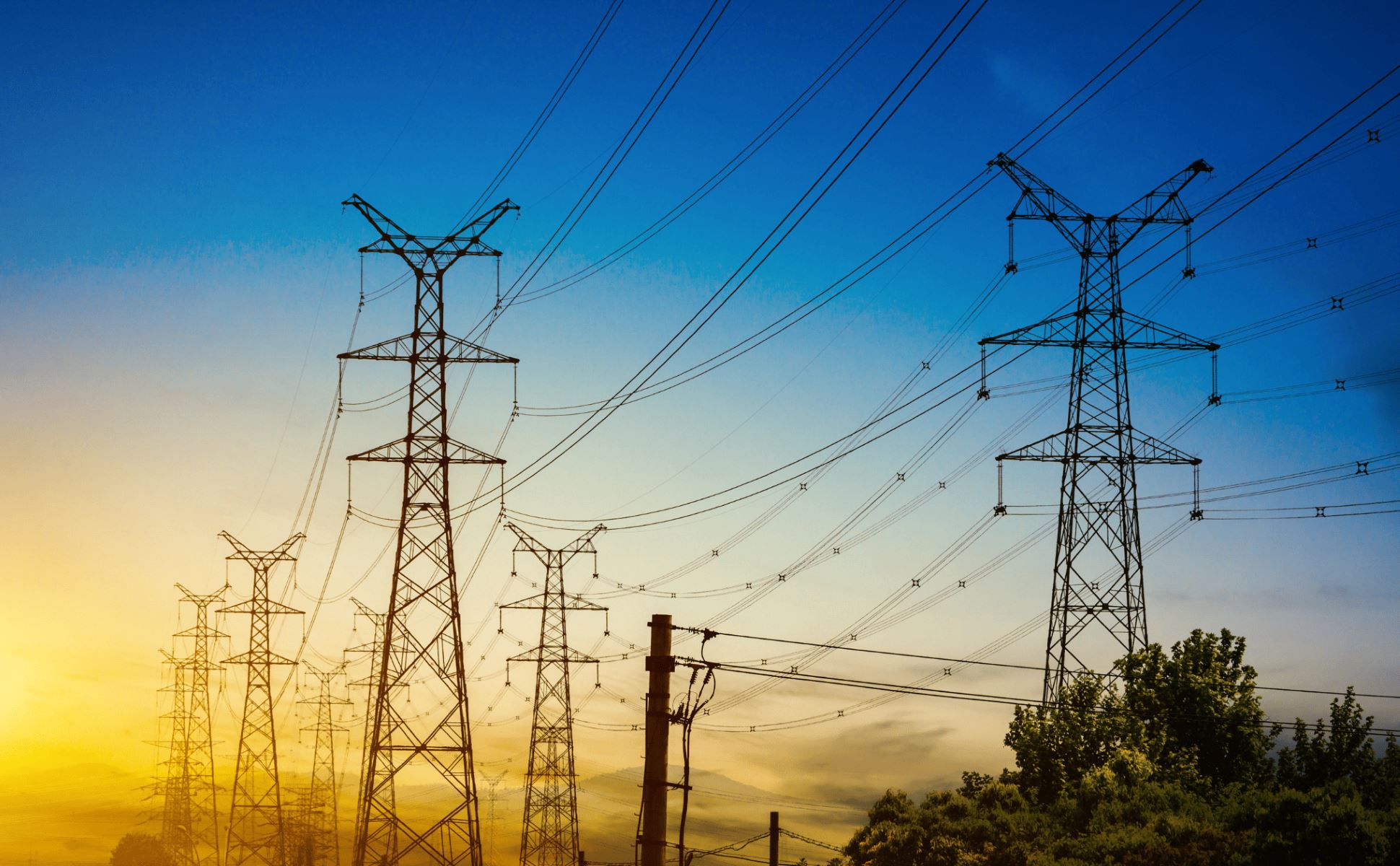Why Is Load Shedding Disrupting South Africa?

Load shedding has become a major issue in South Africa, causing frustration for many. But why is this happening? The main reason is the country's aging power infrastructure. Many of the power plants are old and need repairs, leading to frequent breakdowns. Additionally, the demand for electricity often exceeds the supply, especially during peak times. This imbalance forces the power company to cut electricity in certain areas to prevent a total blackout. Corruption and mismanagement within the power sector have also played a role in the problem. Understanding these factors can help us grasp why load shedding continues to disrupt daily life in South Africa.
Understanding Load Shedding
Load shedding, a term familiar to many South Africans, refers to the intentional power outages implemented to prevent the collapse of the electrical grid. This practice has become a significant issue, affecting daily life and the economy. But why is load shedding so disruptive?
Impact on Daily Life
Load shedding disrupts everyday activities, making it challenging to maintain a normal routine. Here are some ways it affects daily life:
Household Inconveniences: Power outages interfere with cooking, heating, and lighting, making it difficult to perform basic household tasks.
Communication Breakdown: Without electricity, charging devices and using the internet becomes impossible, leading to communication blackouts.
Safety Concerns: Darkened streets and homes increase the risk of accidents and crime, making neighborhoods less safe.
Economic Consequences
The economic impact of load shedding is profound, affecting businesses and the broader economy. Here’s how:
Business Interruptions: Companies face operational challenges, leading to reduced productivity and financial losses.
Job Losses: Frequent power cuts can force businesses to downsize or close, resulting in unemployment.
Investment Deterrent: Investors may shy away from regions with unreliable power supply, hindering economic growth.
Health and Well-being
Load shedding also poses risks to health and well-being, affecting both physical and mental health. Consider these points:
Medical Services: Hospitals and clinics struggle to provide care without a reliable power source, endangering patients.
Mental Stress: The uncertainty and inconvenience of power outages can lead to increased stress and anxiety.
Educational Disruptions
Education suffers significantly due to load shedding, impacting students and teachers alike. Here’s how:
Interrupted Learning: Schools and universities face challenges in delivering lessons, affecting students' education.
Study Challenges: Students find it difficult to study at home without electricity, impacting their academic performance.
Infrastructure Strain
Load shedding highlights the strain on South Africa’s infrastructure, revealing deeper systemic issues. These include:
Aging Equipment: Outdated power plants and equipment struggle to meet demand, leading to frequent breakdowns.
Maintenance Backlog: Delayed maintenance and upgrades exacerbate the problem, making the grid less reliable.
Environmental Impact
Lastly, load shedding has environmental consequences, affecting both the natural world and efforts to combat climate change:
Increased Pollution: Reliance on backup generators during outages increases air pollution and carbon emissions.
Renewable Energy Setbacks: Unreliable power supply hampers the transition to renewable energy sources, slowing progress toward sustainability.
Understanding the Impact of Load Shedding
Load shedding in South Africa affects daily life, businesses, and the economy. Power cuts disrupt routines, causing frustration and inconvenience. Businesses face operational challenges, leading to financial losses and reduced productivity. The economy suffers as industries struggle to maintain consistent output.
Residents must adapt by using alternative energy sources like generators or solar panels. These solutions, while helpful, can be costly and not accessible to everyone. Communities often come together to support each other during outages, showcasing resilience and solidarity.
Government and energy providers are working on long-term solutions to stabilize the power grid. Investments in renewable energy and infrastructure improvements are crucial steps toward reducing load shedding. Understanding the impact of these power cuts highlights the need for sustainable energy solutions to ensure a stable future for South Africa.

